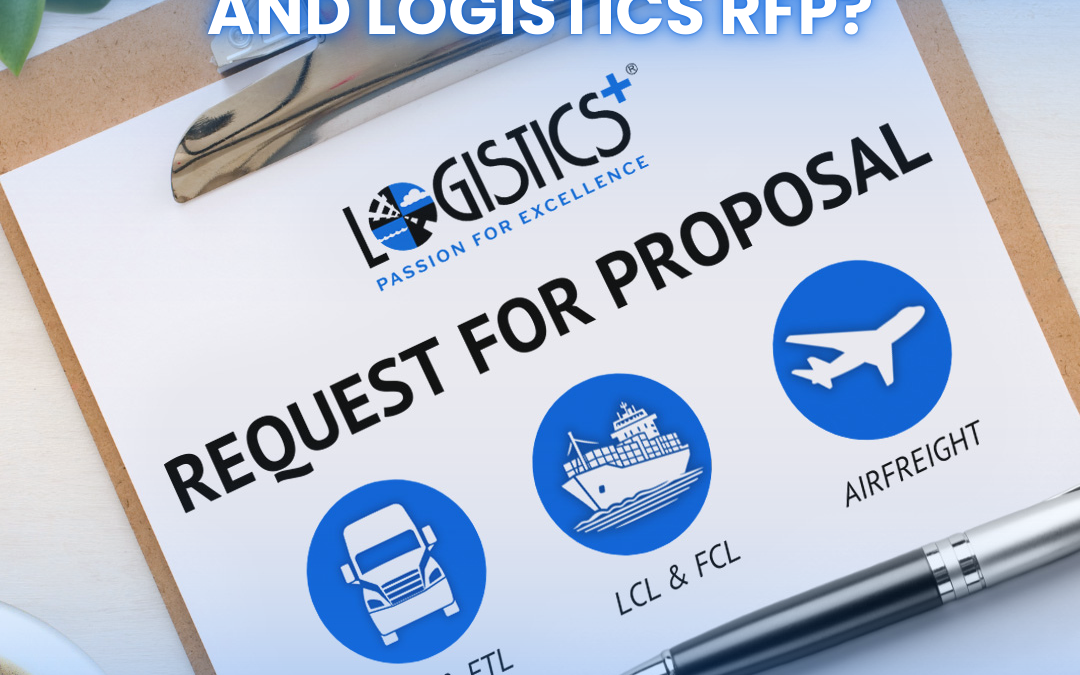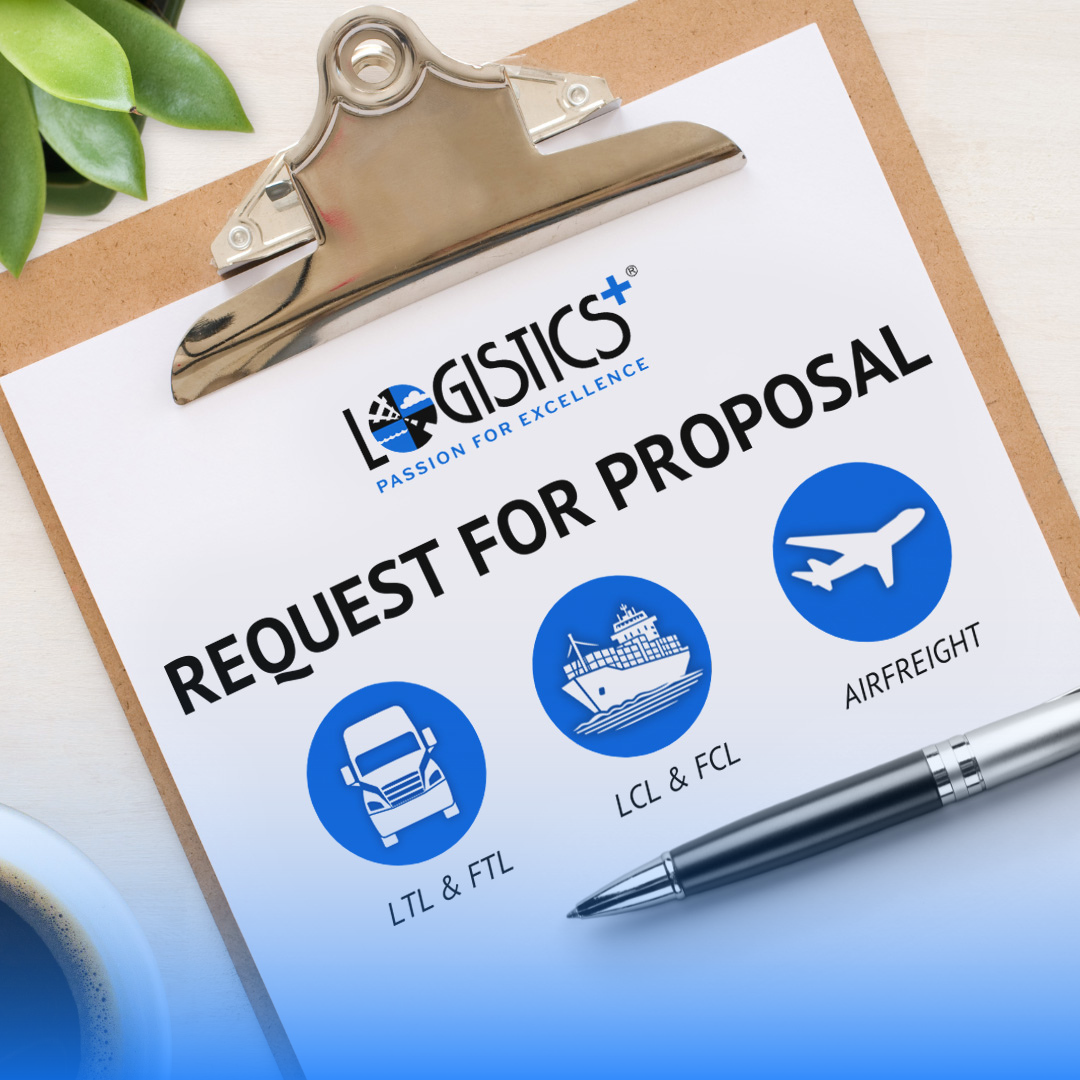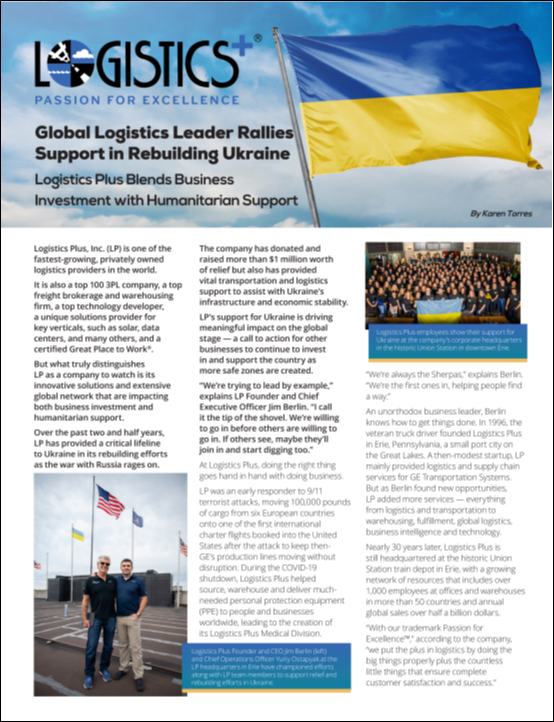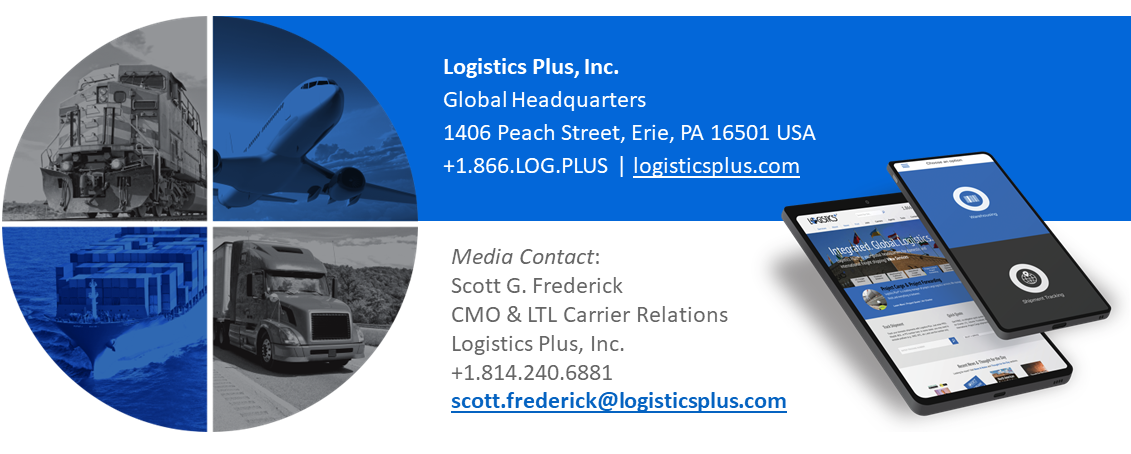
Is Now a Good Time to Conduct a Transportation and Logistics RFP?
 As you look to 2025, now may be a good time for shippers to conduct an RFP (Request for Proposal) for their transportation needs, especially as the market has stabilized compared to the disruptions of the past few years. Here are a few reasons why it might be advantageous:
As you look to 2025, now may be a good time for shippers to conduct an RFP (Request for Proposal) for their transportation needs, especially as the market has stabilized compared to the disruptions of the past few years. Here are a few reasons why it might be advantageous:
- Market Stability: The transportation market has become more stable, which can lead to more predictable freight rates and better carrier performance.
- Capacity Availability: January is traditionally a slow month for freight, making it a good time to send out bids as capacity tends to be more available.
- Strategic Planning: Conducting an RFP allows shippers to align their transportation strategies with their business goals for the upcoming year.
However, to find the best transportation and logistics solutions partner, preparing for the RFP process is important. You must understand your current challenges and cost structures, set clear goals, and ensure you have the necessary technology and resources.
Are you considering conducting an RFP soon? If so, what specific goals are you hoping to achieve?
Conducting a transportation and logistics RFP involves several steps to ensure you find the best partners and rates for your needs. Here’s a general guide to help you through the process:
- Define Your Objectives: Determine what you want to achieve with the RFP (e.g., cost reduction, improved service levels, increased capacity).
- Gather Data: Collect data on your current transportation needs, including commodity or product information, shipment volumes, lanes, service requirements, and historical costs. Additional data points like freight dimensions, freight classification, and accessorial service needs might also be helpful and will lead to greater rate accuracy.
- Develop the RFP Document: Include detailed information about your company, your transportation needs, and the criteria for selecting partners. Specify the format and deadline for responses.
- Identify Potential Partners: Research and list potential logistics partners that meet your requirements. Consider factors such as service capabilities, reputation, flexibility, technology, and financial stability.
- Distribute the RFP: Send the RFP to the selected companies and provide a clear timeline for responses.
- Evaluate Responses: Review the proposals based on your criteria, such as cost, service levels, and capabilities. Use a scoring system to compare the responses objectively. In many cases, it may make sense to interview finalists to ensure there is a good “culture fit” between your organization and the potential partner’s organization.
- Negotiate Terms: Engage in negotiations with your top candidates to refine terms and conditions. Focus on achieving a balance between cost and service quality.
- Select Your Partner(s): Choose the partners that best meet your needs based on the evaluation and negotiation process.
- Implement and Monitor: Finalize contracts and implement the new transportation or logistics arrangements. Continuously monitor performance and maintain open communication to ensure service levels are met.
- Review and Adjust: Periodically review the performance of your partner(s) and make adjustments as needed to optimize your transportation strategy.
Are you ready to conduct an RFP? Logistics Plus is a solutions-oriented transportation and logistics provider with a solid reputation for adding value and helping companies be successful.
Contact Logistics Plus if you’d like us to participate in any upcoming RFPs for transportation or logistics solutions.






